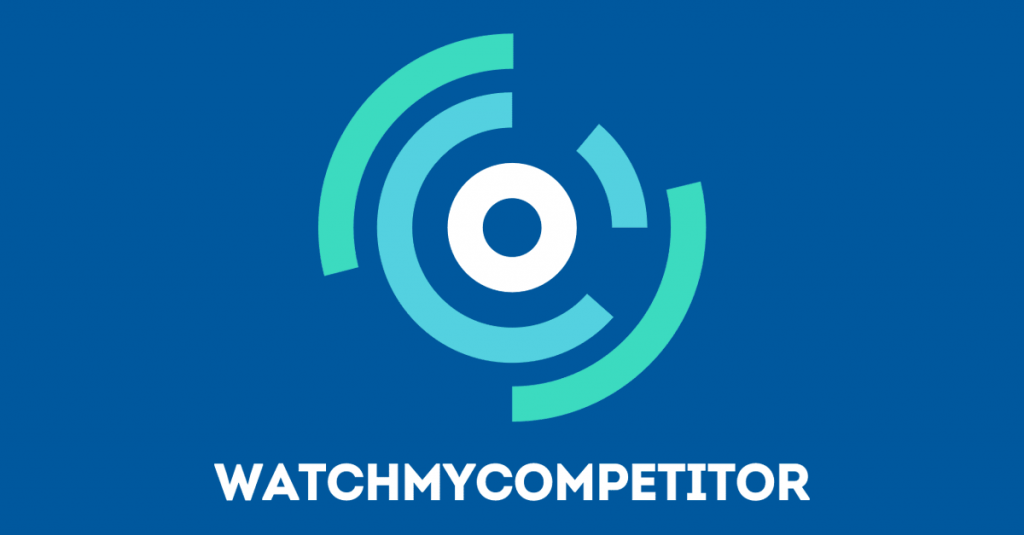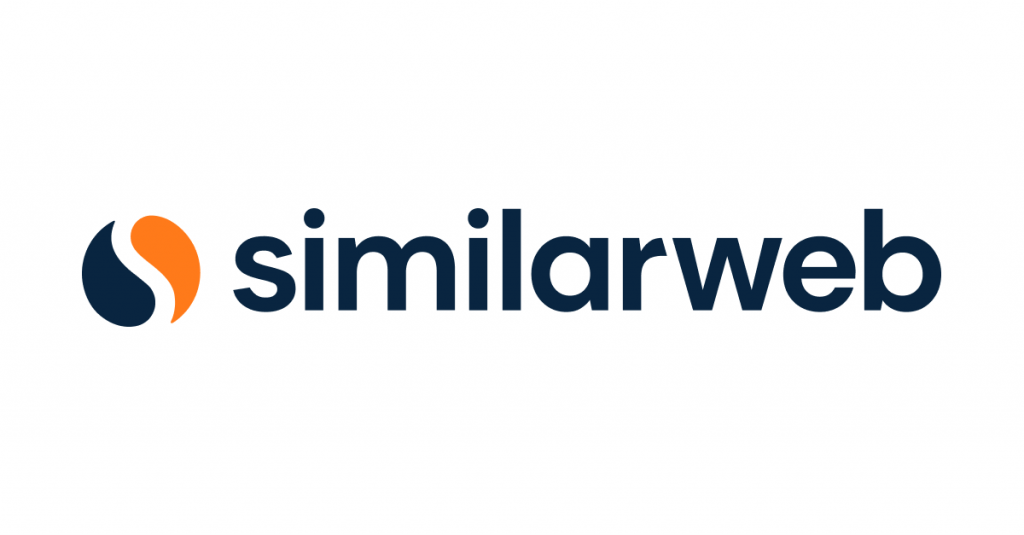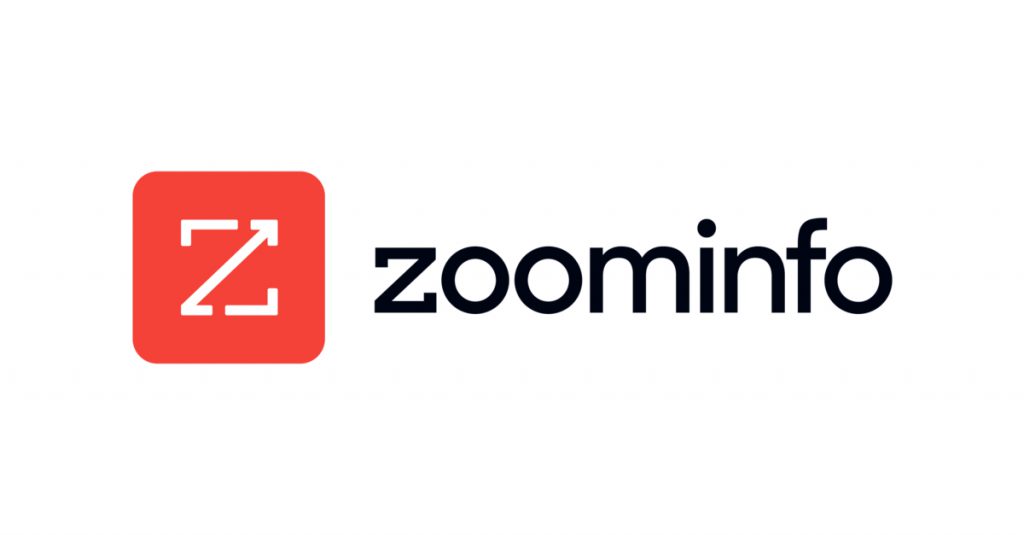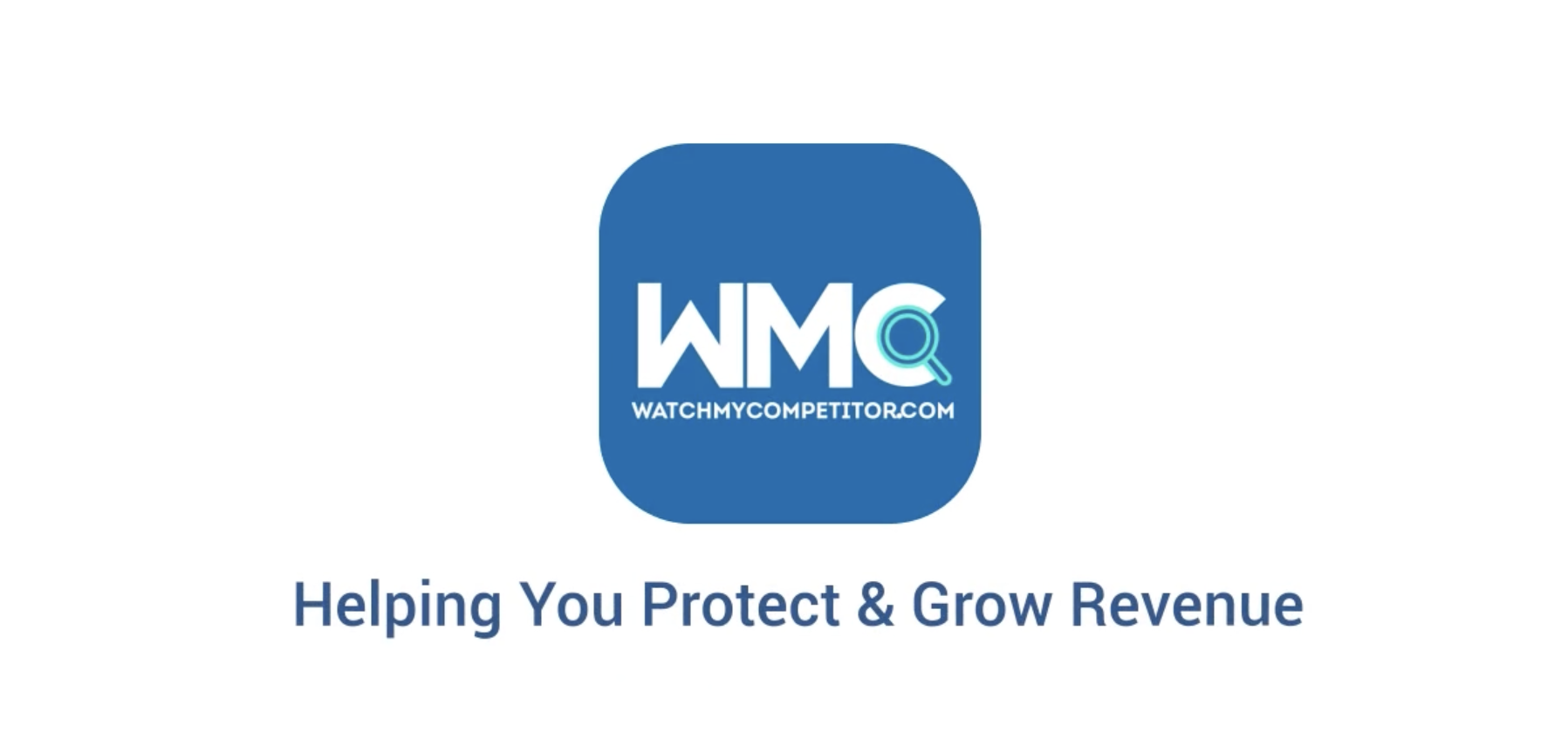Introduction To Market Intelligence Tools
Market intelligence plays a pivotal role in the success of modern businesses. In this digital age, where data is abundant and markets are constantly evolving, businesses need to stay ahead of the curve to remain successful.
A deep understanding of the market and the ability to make data-driven decisions are essential. This is where market intelligence tools come into play.
Market intelligence tools are powerful assets that provide businesses with valuable insights into market trends, consumer behaviour, and competitor activities. By harnessing the power of these tools, businesses can gather, analyse, and interpret data, empowering them to make informed decisions and gain a competitive edge in their industry.

Benefits of Using These Tools for Research & Analysis
Market intelligence tools offer a plethora of benefits for businesses of all sizes. One of the primary benefits is the access to valuable market research data. These tools enable organisations to understand customer preferences, industry trends, and market opportunities.
By leveraging market intelligence tools, businesses can identify gaps in the market and develop strategies to capitalise on them, thereby increasing their market share.
Moreover, market intelligence tools allow businesses to closely monitor their competitors. With these tools, businesses can track their competitors’ activities, pricing strategies, product launches, and marketing campaigns.
This information is invaluable as it helps companies refine their own strategies, optimise pricing, and differentiate themselves in the market. By staying informed about competitor activities, businesses can proactively respond to market changes and maintain their competitive position.
Additionally, market intelligence tools enable businesses to conduct comprehensive analysis. These tools provide advanced analytics capabilities, allowing organisations to delve deeper into market trends, consumer behaviour patterns, and emerging opportunities. Through in-depth analysis, businesses can uncover hidden insights and make data-driven decisions that drive growth and profitability.
Common Features Of Market Intelligence Tools
Marketing intelligence tools come in various forms, each offering a unique set of features and functionalities. But here we will explore some key features that are commonly found in these tools:
A) Data collection & analysis
These tools gather data from multiple sources, including websites, social media platforms, customer surveys, and more. The data is then analysed to extract valuable insights and trends.
B) Competitor Tracking
Marketing intelligence tools enable businesses to monitor competitor activities, such as their ad campaigns, social media presence, and website performance. This helps in understanding the competitive landscape and identifying areas of opportunity.
C) Customer segmentation
These tools allow businesses to segment their customer base based on attributes, such as demographics, behaviour and preferences. This helps in creating personalised marketing campaigns that resonate with specific customer segments.
D) Real-time monitoring
Many marketing intelligence tools offer real-time monitoring capabilities, allowing businesses to track the performance of their campaigns and make adjustments quickly. This ensures that marketing efforts are always aligned with the dynamic nature of the market.
Criteria for Comparing Market Intelligence Tools
When evaluating market intelligence tools, it is crucial to consider several key factors to ensure that you choose the right solution for your business’s needs. Firstly, assess the features and functionality of the tools.
User-friendliness
User-friendliness is another important consideration. The tool should have an intuitive and easy-to-navigate interface. A user-friendly tool minimises the learning curve and ensures that you can access the required information without any hassle.
This aspect is particularly crucial if you have a team of users who will be using the tool, as a user-friendly interface promotes widespread adoption and effective utilisation.
Pricing
Pricing is also a significant factor when comparing market intelligence tools. Consider the cost in relation to the value provided by the tool. While it’s important to find a tool that fits your budget, it’s equally important to ensure that the tool meets your specific requirements.
It’s advisable to consider the return on investment (ROI) that the tool can deliver in terms of time saved, improved decision-making, and competitive advantage.
This aspect is particularly crucial if you have a team of users who will be using the tool, as a user-friendly interface promotes widespread adoption and effective utilisation.
Training & support
Furthermore, pay attention to the support and training options offered by the tool’s provider. Implementation of a new tool may require training and support to ensure a smooth transition and optimal utilisation of the tool’s features.
Look for providers that offer comprehensive customer support, training materials, and ongoing assistance to help you make the most of the tool.
Leading Market Intelligence Tools To Consider
WatchMyCompetitor

WatchMyCompetitor is a market intelligence tool that helps businesses automatically track their competitors’ activities online. It provides real-time insights into competitors’ websites, social media, and marketing campaigns. WatchMyCompetitor also offers a variety of features to help businesses stay ahead of the competition, such as analyst insights of competitor, analytics and trends, and more.
SemRush

SemRush is a comprehensive marketing toolkit that includes a market intelligence tool. Semrush’s market intelligence tool helps businesses track their competitors’ website traffic, social media engagement, and backlinks. It also provides insights into competitors’ pricing and marketing campaigns.
SimilarWeb

SimilarWeb is a market intelligence tool that provides insights into website traffic and market share. SimilarWeb’s data can be used to track competitors’ website traffic, identify new market opportunities, and benchmark performance against industry peers.
ZoomInfo

ZoomInfo s a sales intelligence tool that provides contact information for businesses and individuals. ZoomInfo’s data can be used to identify new sales leads, research potential customers, and build relationships with decision-makers.
Crayon

Crayon a market intelligence tool that provides insights into customer behaviour and market trends. Crayon’s data can be used to identify new market opportunities, understand customer needs, and develop marketing campaigns.
Market Intelligence Tools Comparison Table
This table lists the main features and key differentiators of the top market intelligence tools:
Tool | Main Features | Key Differentiators |
WatchMyCompetitor | Tracks competitors’ websites, social media and marketing campaigns | Real-time insights, competitor analysis, price monitoring, trend tracking |
SemRush | Tracks competitors’ website traffic, social media engagement and backlinks | Comprehensive marketing toolkit, industry-leading data, easy-to-use interface |
SimilarWeb | Tracks website traffic and market share | Extensive data coverage, easy-to-understand reports |
ZoomInfo | Provides contact information for businesses and individuals | Large contact database, up-to-date data, easy-to-use search tools |
Crayon | Provides insights into customer behaviour and market trends | Data-driven insights, easy-to-use analytics tools, customisable reports |
Best Practices To Consider
To leverage market intelligence tools effectively, businesses should adopt a few best practices.
Firstly, define clear objectives for using the tool. Identify the specific research and analysis needs of your business and align them with the features and capabilities of the tool. By having a clear vision of what you want to achieve, you can focus on utilising the tool to its maximum potential.
Secondly, integrate the market intelligence tool into your workflow and processes. Make it a regular part of your decision-making process.
Encourage cross-functional collaboration to ensure that the tool is utilised across various departments within your organisation. By integrating the tool seamlessly, you can maximise its impact and ensure that insights are shared and acted upon promptly.
Thirdly, invest time in understanding the tool’s functionalities and explore all its features. Attend training sessions or webinars offered by the tool’s provider to gain a comprehensive understanding of how to use the tool effectively. By familiarising yourself with all the features and capabilities, you can unlock the full potential of the tool and extract maximum value from it.
Lastly, regularly review and analyse the insights generated by the market intelligence tool. Set up a schedule for monitoring market trends, competitor activities, and consumer preferences.
By staying updated on these aspects, you can make proactive and data-driven decisions that give you a competitive advantage. Regularly analyse the data and identify patterns, trends, and opportunities that can shape your strategies and drive business growth.
FAQs About Marketing Intelligence Tools
1) What are market intelligence tools?
Market intelligence tools are software solutions that help businesses gather, analyse, and interpret data related to market trends, consumer behaviour, and competitor activities. These tools provide valuable insights that empower businesses to make informed decisions, identify market opportunities, and stay ahead of the competition.
Market intelligence tools streamline the process of collecting and analysing data, enabling businesses to access real-time information and make data-driven decisions efficiently.
2) How do you gather market intelligence?
Market intelligence can be gathered through various methods, including primary research and secondary research. Primary research involves directly collecting data from customers, competitors, and industry experts through surveys, interviews, and focus groups.
This first-hand information provides valuable insights into customer preferences, needs, and market dynamics. Secondary market research is the process of gathering and analysing data that has already been collected by others. For more information, about gathering market intelligence please click here.
3) Are marketing intelligence tools only beneficial for large businesses?
No, marketing intelligence tools are beneficial for businesses of all sizes. Small businesses can leverage these tools to gain valuable insights, identify growth opportunities, and optimise their marketing strategies within their budget constraints.
4) How can marketing intelligence tools help with improving ROI
Marketing intelligence tools provide insights into campaign performance, customer behaviour, and market trends. By analysing this data, businesses can identify areas of improvement, optimise marketing efforts, and maximise ROI.








